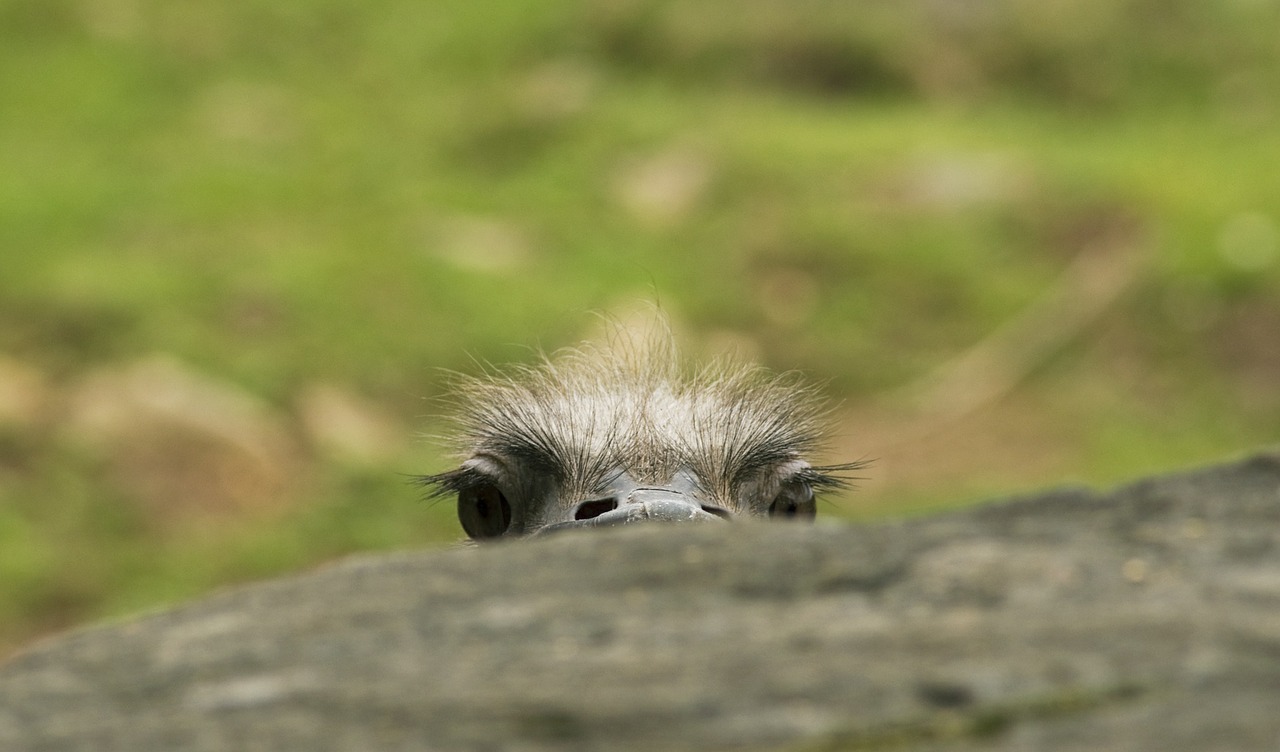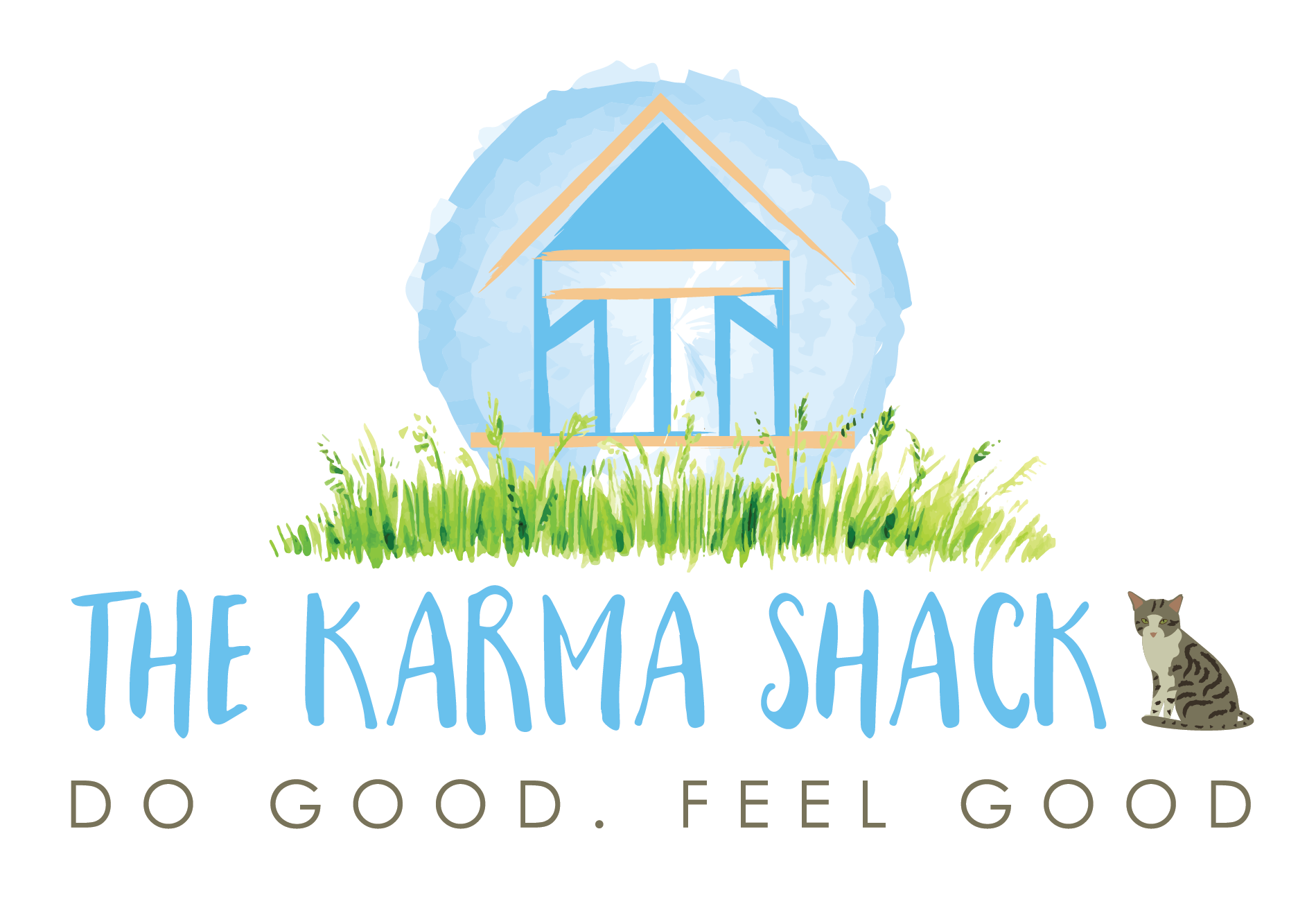
MY (R)EVOLUTION, PART 3.
For 20 years I’ve stayed away from the news. At first it was by force, because I was travelling in Asia in times long before internet was omnipresent, when finding a newspaper in a language I could read was rare, and internet-cafés were sparse.
During my travels I started volunteering on remote farms or in small villages, renting a simple house. I haven’t lived in a house with TV for almost 20 years now.
By default, I stopped keeping up with the news, and pretty soon I was completely out of the habit of trying to find out what’s going on in the world.
I actually found it a relief not following the news. I had more time to do other things, and I felt over-all happier. News is mostly bad news, and it always makes me feel upset, sad, angry, powerless, frustrated or shocked. It is also mostly news that I cannot do much about, since it happens far from where I live, now already for 13 years on this tiny speck of land in the Caribbean Sea.
For years of my life I had let the news drain my energy, when I was younger. Once I discovered how much better I felt when I didn’t know all that news, without ever feeling that not knowing what’s going on in the world threatened my well-being or my life, I made it a point of not keeping up with it, period.
When on April 19 of this year protests against a change in the social security system here in Nicaragua resulted in hundreds of injured and dozens of dead people thanks to police violence, I was still in the “I don’t want to know this”-mode.
I didn’t look up any news online, only listened with half an ear to the reports of a friend who is a news-addict, and was constantly scouring the internet for the latest updates.
The story about a journalist being shot through the head by a police bullet while doing a Facebook-live video himself, was shocking enough, but I didn’t try and find it after my friend told me about it.
I was still of the opinion that nothing would change for the better when I’d watch that video or get updated on all the news. I cannot revive the man, and I cannot change the government either.
I had to read back through my journal, to find out that it took me 5 days before I even mentioned the upheaval happening on the mainland in my daily musings.
That day we had had a little dinner party, and talked about the situation in a very light way. On our island we had literally experienced zero impact so far. We didn’t really feel connected to the dire reality of Nicaraguan people on the mainland dying for their democratic rights, yet.
We speculated about how soon the island would run out of fuel for the town generator, which would leave us without electricity. We joked about all the dinner parties we would have to have to finish off all the food that would be soon rotting in the freezers of the restaurants, starting at our friend’s place, which has the best food on the island.
We congratulated ourselves for living on this little island, far removed from the violence. We could even see ourselves fleeing on a boat, to Costa Rica or the island of San Andres, Colombia, both quite close; joking—again— about becoming boat refugees. We decided we were sitting in the right spot, and moved on to the next dinner-topic.
Such was our disconnection from reality, in those first few days, that we made light of it all.
Walking home that night, I gave it some more thought, and felt that the lightheartedness was only half of our truth. I had to admit to myself that I had had several moments over the past few days in which I caught myself thinking about what could happen, and what I would have to do if the worst would happen, whatever that was going to be.
I realised that the moment had finally come in which the news was actually informing me about things that could pretty soon directly affect my life, in multiple ways, most of them still unknown to me, although I could imagine a few. An unsettling thought that I tried to let go quickly.
But deep in my heart I knew that I’d better start keeping track a bit more of all events. Still, it was all happening so far from my home, making it unreal (in Dutch we say “far from my bed” when we talk about something that we cannot connect with because it is too far removed—physically or emotionally—from our daily reality). I’m also quite sceptical about the reliability and objectivity of today’s news sources, especially in a country where the majority of media is in the hands of the government.
So initially I didn’t make that much work of tracking the news, and most of my island friends weren’t either. A bunch of foreigners living the dream on a tropical island is not a very willing audience for news that could destroy our lives any moment.
We were playing ostrich. We didn’t talk that much about it, as if our silence could make the problem go away, or at least not seem so serious and big. We were hoping for the best, pretending that we could sit this out.
Basically, we were in denial.
Until I heard about the road blocks. Road blocks that would stop the trucks from coming. The trucks that carry our weekly supplies to the port where they get loaded onto the freight boat that brings everything we need, from tomatoes to toilet paper.
Now that was news I needed to keep up with…
(to be continued)
This is part 3 in the series My (R)evolution. You can find episodes 1 and 2 here.
